Questions that frequently come up during our coaching appointments and in our group programs are:
“What about coffee!?” Is it bad for me?” “What kind should I drink?” “How much is too much?” “What can I add to it?”
I LOVE me a good cup o’ joe too… and clearly I’m not alone!
The basics of what you need to know about your beloved cup o’ joe:
1. Quality counts. I’m not just talking freshness and flavor, but how the coffee is produced, from plant to cup, makes all the difference. Non-organic coffee crops are generally treated with a TON of agricultural chemicals—in fact they’re one of the most chemically treated crops that exist! For this reason, organic is the the first step, and then I look for a company that takes the extra measure to lab test to ensure there’s no mold or toxins on the beans and that they are totally free from contamination. The company I’ve found that achieves all of this is Purity — PLUS their sourcing and roasting process maximizes the health benefits of your cup o’ joe more than any other coffee I’ve seen. I think it actually tastes better and I notice a huge difference in how I feel (feels like sustained, clean energy WITHOUT jitters or digestive issues that come from ingesting coffee with toxins.)
I know it’s not as convenient as instant coffee, but you’re paying for that convenience in other ways. (Read: Tons of chemicals, additives and processing is involved in order to make it quick to prepare. It’s basically the fast food of coffee…AVOID!) I think if coffee is part of your regular morning routine, it’s important to stick with organic (this one is my fave). The way I approach this is to drink Purity at home (or whenever possible,) and then if I occasionally stop at a coffee shop that doesn’t brew organic (like Starbucks for example), I don’t stress about it.
2. Only add the good stuff! If you’re drinking your coffee black, that’s cool! And feel free to add a little (or a lot!) of your favorite healthy fat like heavy cream, coconut milk, or even butter and coconut oil. Your taste buds and waistline will thank you. 🙂
That being said, I know that a lot of people who ask me about coffee are really are talking about those sugar-laden mochas, lattes, frappés, and other specialty (sugary) drinks. That’s not coffee. You might as well be drinking a giant Mountain Dew in the morning. Seriously.
Or, maybe you’re not hooked on specialty coffee drinks, but you’re adding powdered creamers that contain not just sugar, but also hydrogenated oils (those inflammatory trans fats), or calorie free (artificially sweetened) syrups and fake whipped cream topping. Fancy creamers that taste like different varieties of Girl Scout cookies? Same thing. Drinks that contains these additives—hot or iced—are metabolism crushing and energy depleting. Many of our coaching clients are literally addicted to their mochas, and they know it, yet they can’t understand why… or they think it’s the caffeine. Well, I’ll tell ya one thing: it could be the java, but it’s just as likely the stuff that’s added to it is causing your cravings. Sugar has an incredibly addicting effect on the brain! No wonder you’re craving more. Let’s learn to appreciate coffee for what it is, either black or with a healthy fat of your choice (my choice is heavy cream or butter).
3. Keep your intake in check. I’m talking about both when you’re having it and how much you’re having. If you’re feeling jittery, on edge or anxious, there’s a good chance you’re having too much. Two to three 8-ounce cups per day is considered moderate when it comes to coffee. (And I think that’s plenty!)
It’s also a good idea to figure out your “coffee cut-off time”—the time of day when you know if you have any more after that certain time it’ll affect your sleep. Most studies say that the half-life of caffeine is around 5 or 6 hours. This means if you’re relying on a cup of java to help you get through the afternoon, the caffeine could still be in your system at bedtime. Of course, there are those who can drink coffee all day every day and feel fine and sleep soundly at night (like my Grandma), but there are also people (like me), where one extra shot of espresso after 2pm (my coffee cut-off time!) makes me jittery and interferes with my sleep at night. Not worth it. Listen to your body!
4. Evaluate your relationship. How tight are you and your coffee? Are you someone who NEEDS coffee in the morning? Do you get anxious or agitated if you forget your travel mug at home? Do you sacrifice being on time so you can detour and hit the drive thru for your fix? Just like sugar is addictive, caffeine can also become a crutch that makes you feel dependent. Personally, I take a few days in a row off from my morning friend every month to check in and make sure I’m truly just enjoying it, and not needing it or relying on it to get through my day.
5. What about decaf? By default, decaf coffee (even organic) actually contains greater amounts of toxins because caffeine inhibits the growth of certain toxin producing molds, so if you’re going to indulge in decaf, try and keep it to special occasions and when doing so, look for varieties that are “water-processed” to remove caffeine (I use the yummy decaf blend from Purity) Otherwise, toxic chemicals, many of which are considered carcinogenic, are used to remove the caffeine from the bean.
Click here to try my favorite kind of coffee! After all of my research and high standards, this is the only kind I’ll brew at home (and it’s delicious!)

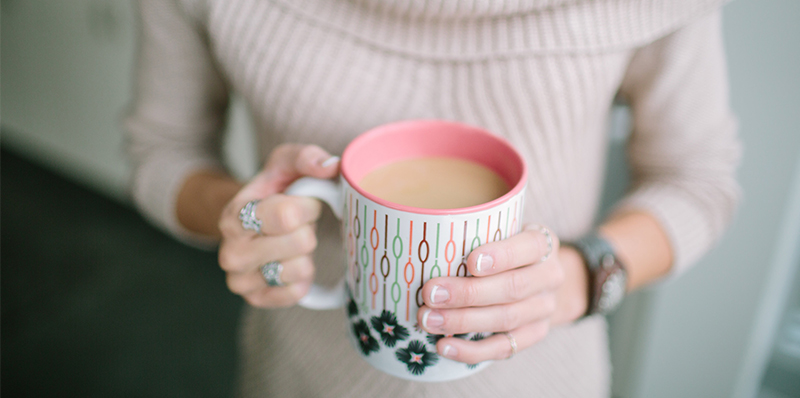

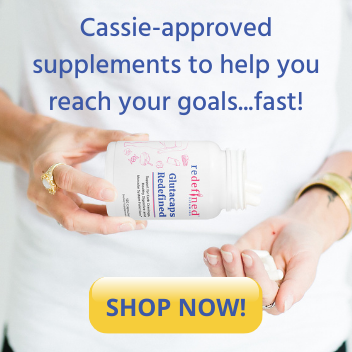
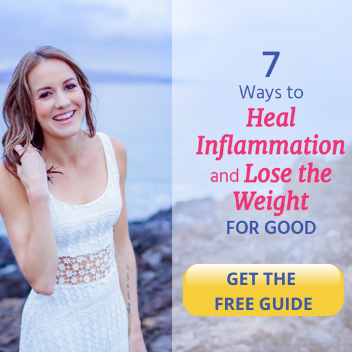




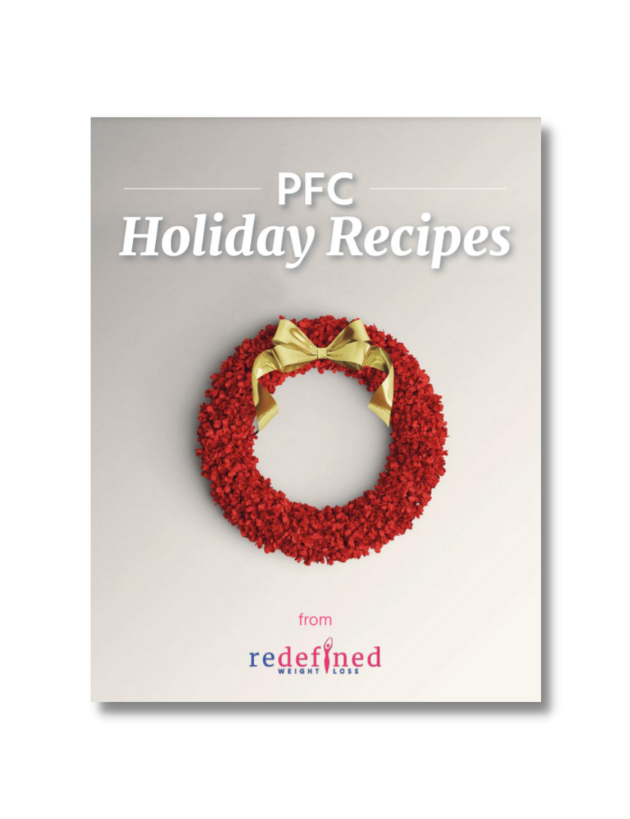

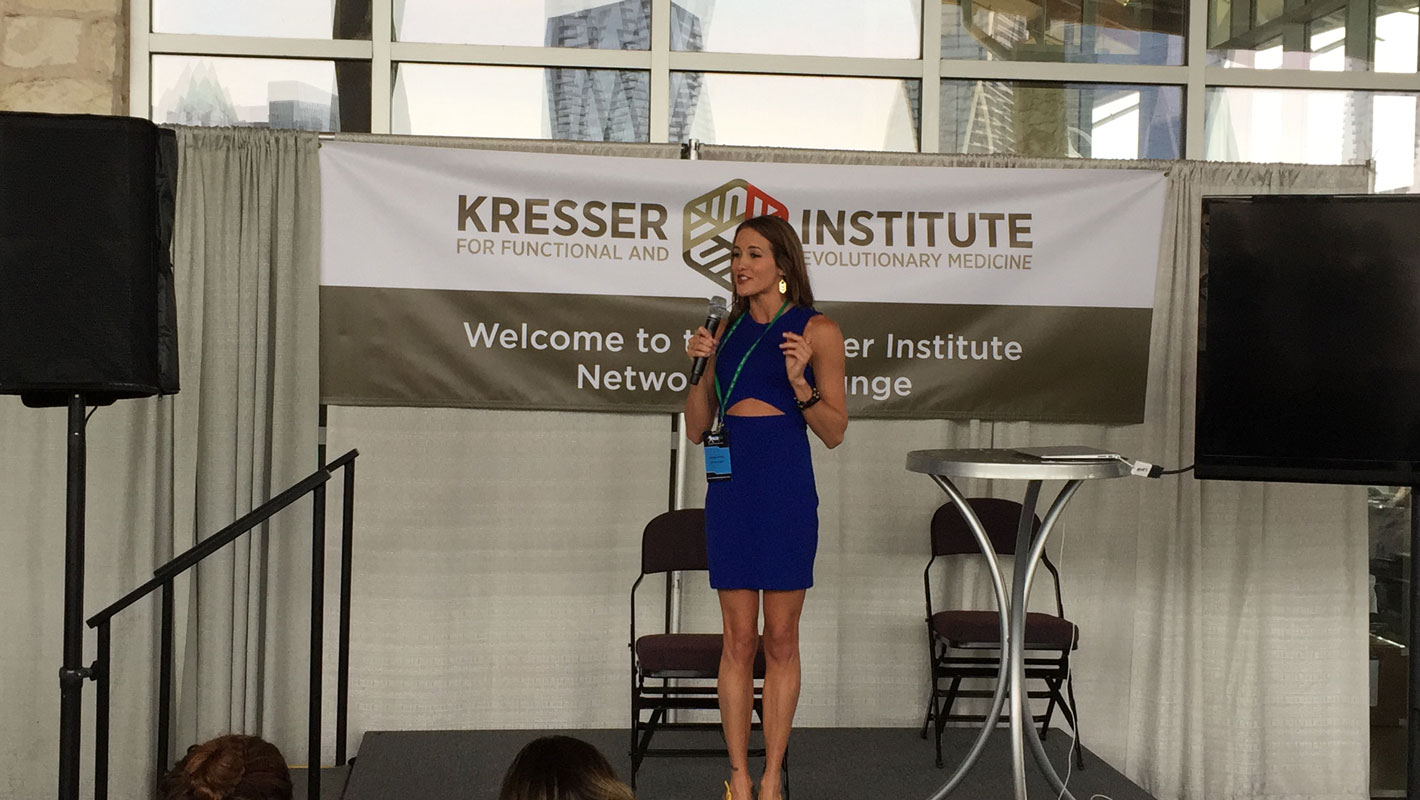
Interesting that you should bring this up today. I just ordered a bag of upgraded coffee from Bulletproof Exec. I have used it one time before and didn’t continue ordering as I really wondered if it was worth the money. But…every time I hear Dave speak, I think I better be concerned about the mold and toxin issue. I think you have used his coffee. How do you feel about Bulletproof vs simply organic?